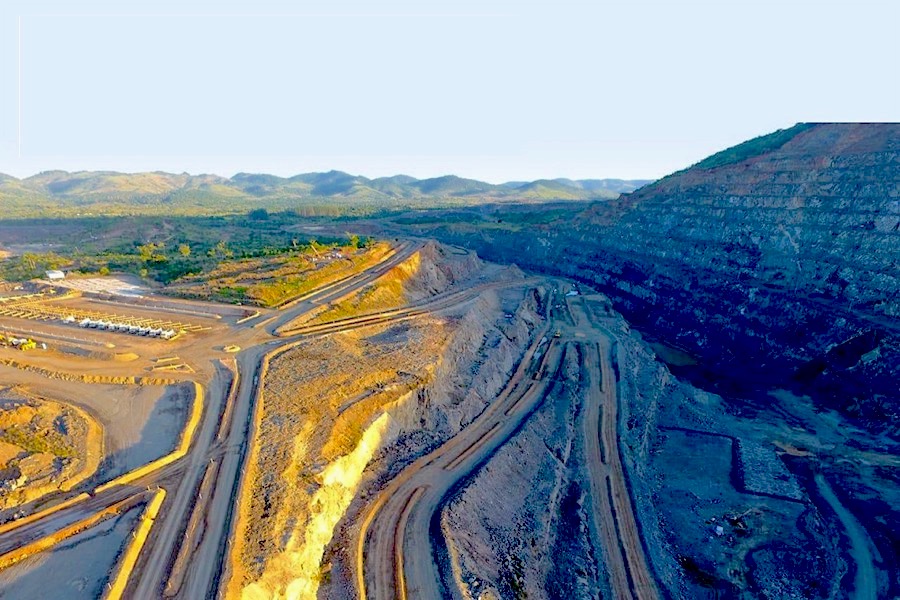Sibanye-Stillwater buys nickel-copper mines in Brazil for $1bn

The precious metals miner said the transaction also includes a 5% net smelter return royalty, valued about $218 million, over potential future underground production from Santa Rita, which CEO Neal Froneman said as one of the world’s ten biggest open-pit nickel sulfide assets producer.
“The transaction represents a unique opportunity for Sibanye-Stillwater to acquire significantly pre-developed and pre-capitalized, low-cost, producing nickel and copper assets,” Froneman said in the statement.
The deal, under wraps for months, comes as miners across the globe try securing supplies of the metals used in batteries for electric cars and are key for the transition to a green economy.
London-based Appian had acquired Santa Rita through the bankruptcy process of previous operator, Australia’s Mirabela Nickel, and its Atlantic Nickel unit resumed production at the mine in 2020.
Open-pit operations are expected to last until 2028, with annual production estimated in 16,000 tonnes nickel-equivalent a year. Santa Rita will then be transitioned into an underground mining operation, extending the life of the mine from eight to 34 years.
Sibanye’s other acquisition target, Mineração Vale Verde, has just finished construction of the Serrote copper-gold mine, located in Alagoas, eastern Brazil. The asset is expected to produce about 20,000 tonnes copper-equivalent annually over 13 years.
Secret bidding war
London-based Appian, which put the two assets up for sale earlier this year, said the process had been very competitive, triggering a bidding battle that included unnamed large miners as well as two carmakers.
“They were actually bidding, which was fascinating. I think that is a story in itself,” Michael Scherb, founder and chief executive of Appian, told Financial Times. “It shows upstream security of supply is a major concern for industrial players.”
Nickel’s usage has grown over the past two years in lithium-ion batteries. The accelerated roll-out of EVs is making certain types of the metal popular among investors, as it can be processed into battery precursor materials.
The more traditional use of nickel is in the processing of stainless steel for kitchen appliances and utensils.
Analysts expect shortages of copper, cobalt, nickel and other industrial materials needed for the shift to a low carbon world, partly due to underinvestment in the mining sector and accelerating demand.




